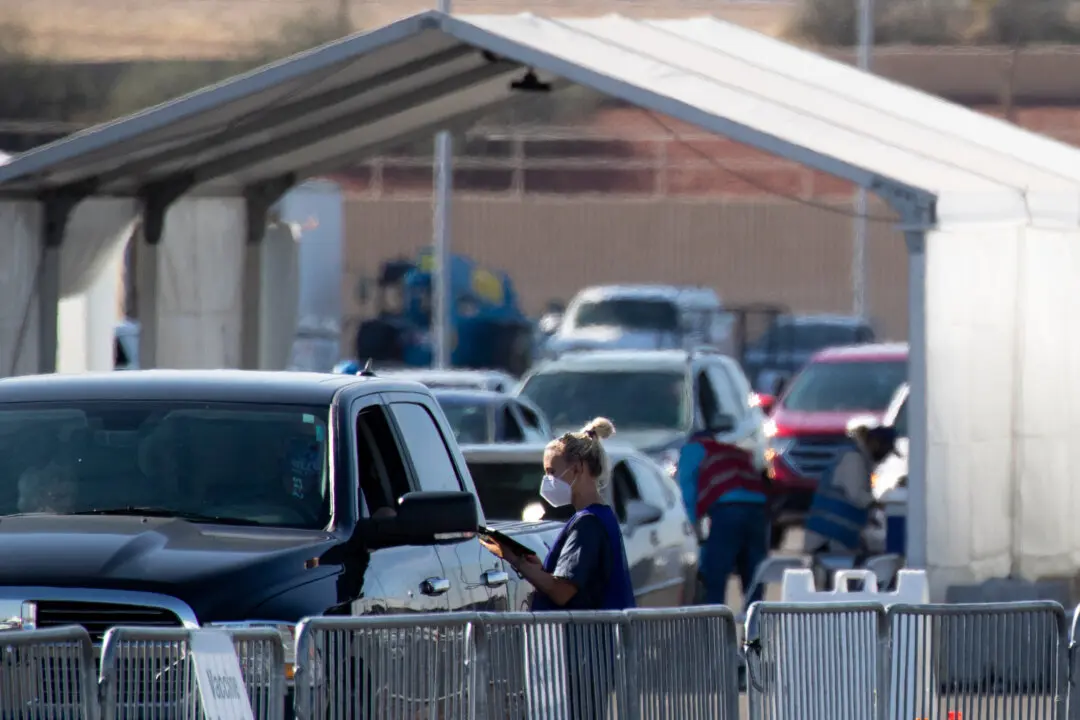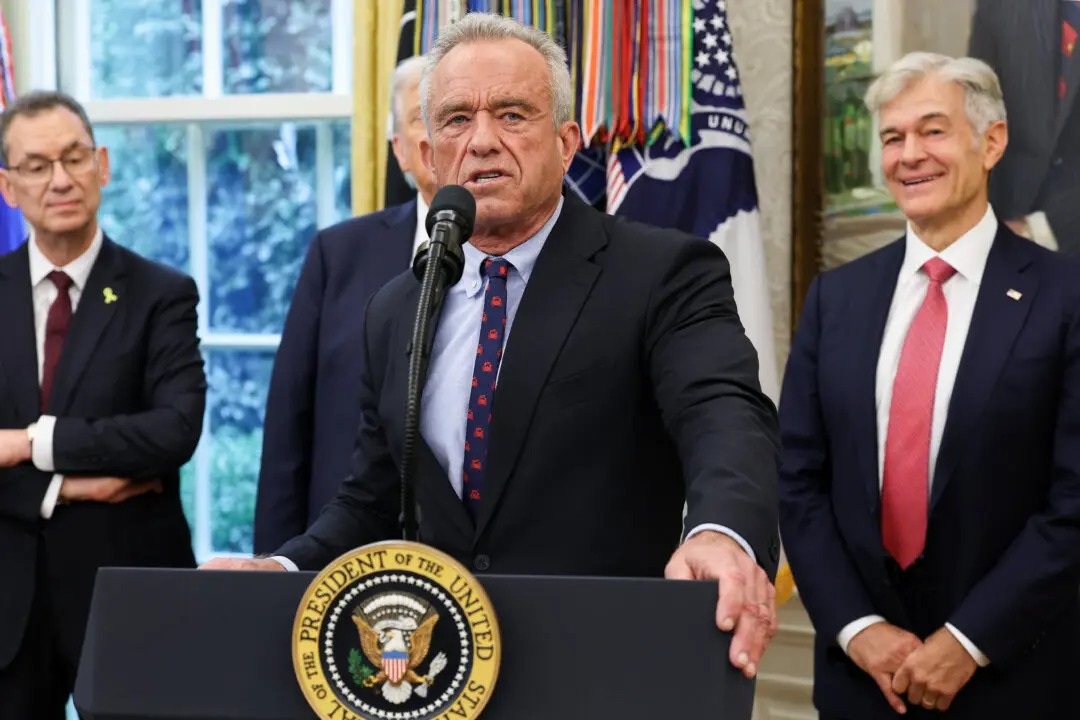Big Tech firms were asked to censor COVID-19 information that ended up being true, Meta CEO Mark Zuckerberg has assessed.
“Just take some of the stuff around COVID earlier in the pandemic where there were real health implications, but there hadn’t been time to fully vet a bunch of the scientific assumptions,” Zuckerberg, whose company is the parent of Facebook and Instagram, said during a discussion with podcaster Lex Fridman that was released on June 8.





